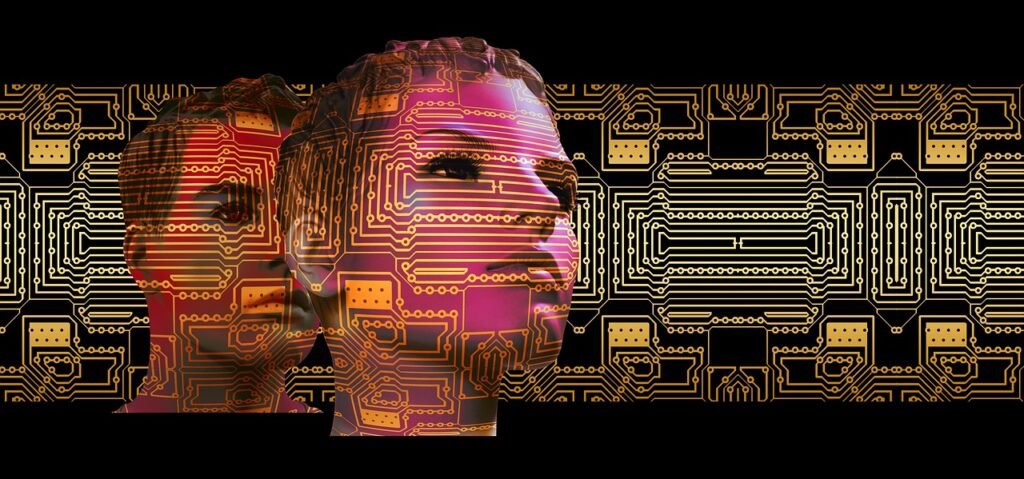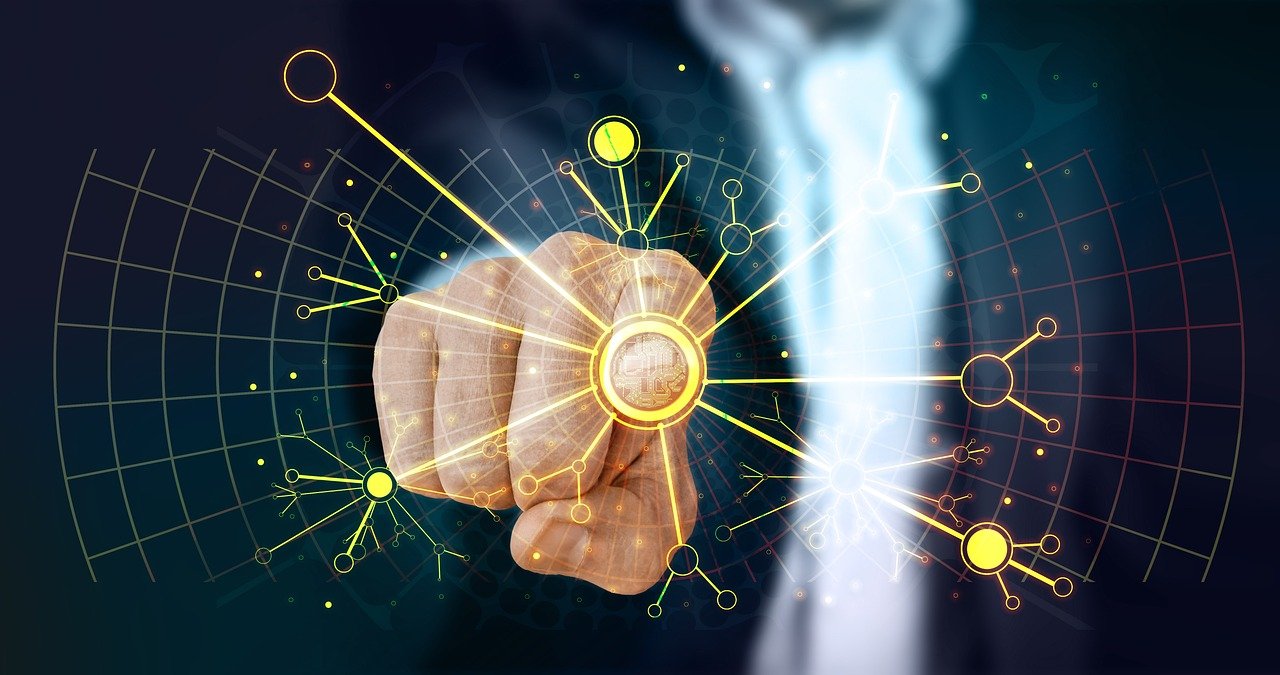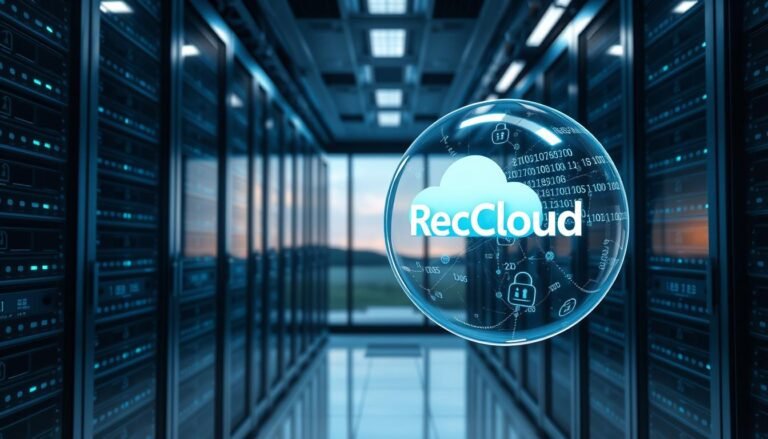Artificial Intelligence (AI) is transforming industries and reshaping our daily lives. From healthcare to transportation, AI is driving innovation and solving complex problems. In healthcare, AI helps diagnose diseases and predict outcomes. In education, it personalizes learning experiences. Businesses use AI to automate tasks and analyze data, while self-driving cars are revolutionizing transportation. AI also powers entertainment recommendations, improves agriculture, and strengthens cybersecurity. Beyond these applications, AI is enabling smart cities, empowering creativity, and addressing global challenges like climate change. As AI continues to evolve, it’s essential to embrace its potential while addressing ethical concerns. The future of AI is here, and it’s changing the world in ways we never imagined.

Revolutionizing Healthcare
AI is making healthcare faster, more accurate, and more accessible. From diagnosing diseases like cancer to predicting patient outcomes, AI-powered tools are helping doctors make better decisions. For example, AI algorithms can analyze medical images faster than humans, detecting issues like tumors or fractures with incredible precision.
Transforming Education
AI is personalizing learning experiences for students. Adaptive learning platforms use AI to analyze a student’s strengths and weaknesses, tailoring lessons to their needs. AI-powered tools like chatbots also provide instant support, making education more interactive and accessible.
Enhancing Business Operations
Businesses are using AI to streamline operations and improve efficiency. From automating repetitive tasks to analyzing customer data, AI is helping companies save time and money. For example, AI-driven chatbots handle customer service inquiries, while predictive analytics help businesses forecast trends and make smarter decisions.
Revolutionizing Transportation
Self-driving cars are one of the most exciting applications of AI in transportation. Companies like Tesla and Waymo are using AI to develop autonomous vehicles that can navigate roads safely. AI is also optimizing traffic flow, reducing congestion, and improving public transportation systems.
Advancing Entertainment
AI is changing how we consume entertainment. Streaming platforms like Netflix and Spotify use AI to recommend movies, shows, and music based on your preferences. AI is also being used to create realistic video game characters and even generate music and art.
Improving Agriculture
AI is helping farmers increase crop yields and reduce waste. By analyzing data on weather, soil conditions, and crop health, AI-powered systems can provide insights on when to plant, water, and harvest. Drones equipped with AI are also being used to monitor fields and detect issues like pests or diseases.
Strengthening Cybersecurity
As cyber threats become more sophisticated, AI is playing a crucial role in protecting data and systems. AI algorithms can detect unusual patterns and potential threats in real-time, helping organizations prevent cyberattacks before they happen.
Enabling Smart Cities
AI is at the heart of smart city initiatives. From optimizing energy use to managing waste and improving public safety, AI is helping cities become more efficient and sustainable. For example, AI-powered sensors can monitor air quality and traffic, enabling cities to respond to issues quickly.
Empowering Creativity
AI is not just about automation—it’s also a tool for creativity. Writers, artists, and designers are using AI to generate ideas, create content, and push the boundaries of their craft. Tools like ChatGPT and DALL·E are examples of how AI is enabling new forms of expression.
Addressing Global Challenges
AI is being used to tackle some of the world’s biggest challenges, from climate change to poverty. For example, AI is helping scientists analyze climate data and develop solutions to reduce carbon emissions. It’s also being used to optimize resource distribution in disaster-stricken areas.
The Future of AI
While AI offers incredible opportunities, it also raises important questions about ethics, privacy, and job displacement. As AI continues to evolve, it’s crucial to ensure that its benefits are accessible to all and that its risks are managed responsibly.
Conclusion
Artificial Intelligence is no longer a distant dream—it’s a reality that’s reshaping our world in profound ways. From improving healthcare to enabling smart cities, AI is unlocking new possibilities and solving complex problems. As we embrace this technology, it’s essential to stay informed and engaged, ensuring that AI is used for the greater good.









